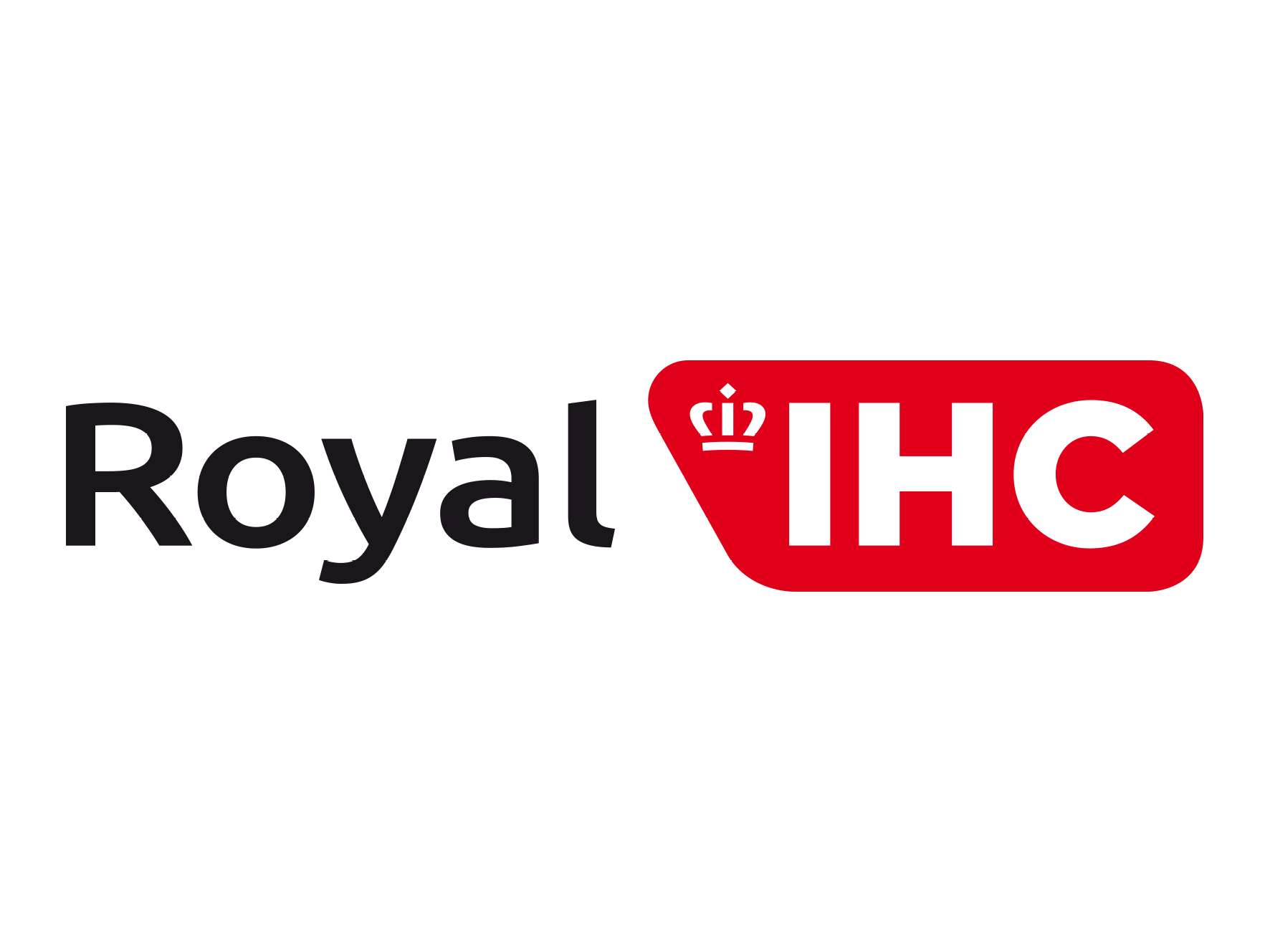
Expertise
Document Intelligence
Stop looking, and start finding information
Understanding a world of data and making it searchable
For hundreds of years, companies have been collecting data on their products and customers. However, until today the process has often been limited to eaxctly this: collecting information. But what these organisations really needed was to understand this information and find insights that could lead to better products and more revenue. This need is still prevalent today.
Research firm EMC estimated that by 2020, there would be about 40 trillion gigabytes of data (40 zettabytes). That’s a staggering figure. Of all that information, 73% is never analysed or properly explored. This problem is partly caused by a lack of integration – silos of information that are never connected in order to see the bigger picture. Another cause lies in the structure of the data or rather, the lack of structure, because it is not available for analysis. Research firm IDC estimates that 80% of global data will be unstructured by 2025. This places a great deal of importance on finding tools that can analyse structured and unstructured data.
Organisations are faced with a huge challenge when it comes to exploring and searching for information from the continuously increasing amount of data they manage. These challenges are compounded by the wide variety of content types that make up the bulk of the data, for example, PDF files, spreadsheets, images and videos. Transforming this content into insights requires significant time, resources and data science knowledge.
The benefits at a glance
The use of document intelligence saves time and therefore costs. Finding the right document or knowledge/information is time-consuming. Search time can be reduced by generating insights faster. As a result, more time is available for the customer, which is a business value that is taken into account in various business cases. But there are more advantages that we have discovered for our customers.
These are the customers who are already experiencing these benefits
Insights in business barriers
We often encounter barriers when it comes to business innovation that involves technology as the means for acceleration.Unfortunately these barriers distract from the required focus, and often they are of a technical nature because the technological change is still seen as a technical implementation. However, we also see business barriers.
We have gained substantial experience in this domain, and we would like to share our insights with you. The following list shows the most important barriers that we encounter in organisations and that stand in the way of a successful Document Intelligence implementation.
- Error reduction
- Process optimisation
- Relevance
- Knowledge assurance
Error reduction
Differences in similar documents are not transparent due to the lack of complex change tracking. The amount of errors can be reduced by having the most up-to-date information at hand, including insight into changes. A high volume of documents often contains hidden details. Automatic detail analysis based on expert knowledge reduces the risk of errors. Moreover, fewer assumptions need to be made because more time becomes available for information analysis.
Process optimisation
Many people in organisations work according to their own processes which are based on their own knowledge domain, and this results in little to no uniform structure. Automating superfluous, error-prone or manual processes and centralising the data results in process simplification and data centralisation that counteract this fragmentation of process and knowledge. Often paper or handwritten documents are not included in the search process. Digitising paper archives and knowledge improves the process and removes a lot of redundancy. Effective and granular filtering of information is not possible, or only to a limited extent. Speeding up the arrival at the required information and in a more focused way makes the work process more efficient. Qualifying and effectively searching unstructured information allows you to bridge the gap between variations in user language and problem descriptions as a result of correlating structured data of known problems with unstructured data such as knowledge documents. This achieves a consolidation of knowledge bases in order to ultimately provide a holistic overview and prevent or reduce future fragmentation. This provides you with a quick, accurate and concise result for deciding which information is relevant.
Relevance
Not all search results are equally relevant. Improving and broadening the search possibilities automatically leads to an improved search process. The search process offers additional opportunities for improving the relevance of the search results and the possibility of finding new types of information.
Knowledge assurance
There are never enough experts present to analyse the right data. Digital knowledge assurance creates analysis standardisation for each user based on the digitised expert knowledge. Document intelligence allows you to transfer the experience of a senior engineer to junior engineers and to ensure a secure knowledge base for the future of your organisation. Re-using and securing historical knowledge is often not possible or very difficult. Using this historical data or knowledge for contemporary decisions enables you to reduce the amount of redundant work and improve the quality of the decisions made in your organisation.
Organisations that are able to step over these barriers will be able to achieve business value (impact). See the following examples of successful document intelligentie implementations in organisations that have realised impact within their business case due to the insights obtained through the use of document intelligence.
Related products
-

digitalNXT Search – find information without searching
Read moreOrganisations often have large amounts of data that can add substantial value. digitalNXT Search creates clarity in the chaos and makes unstructured data accessible.







